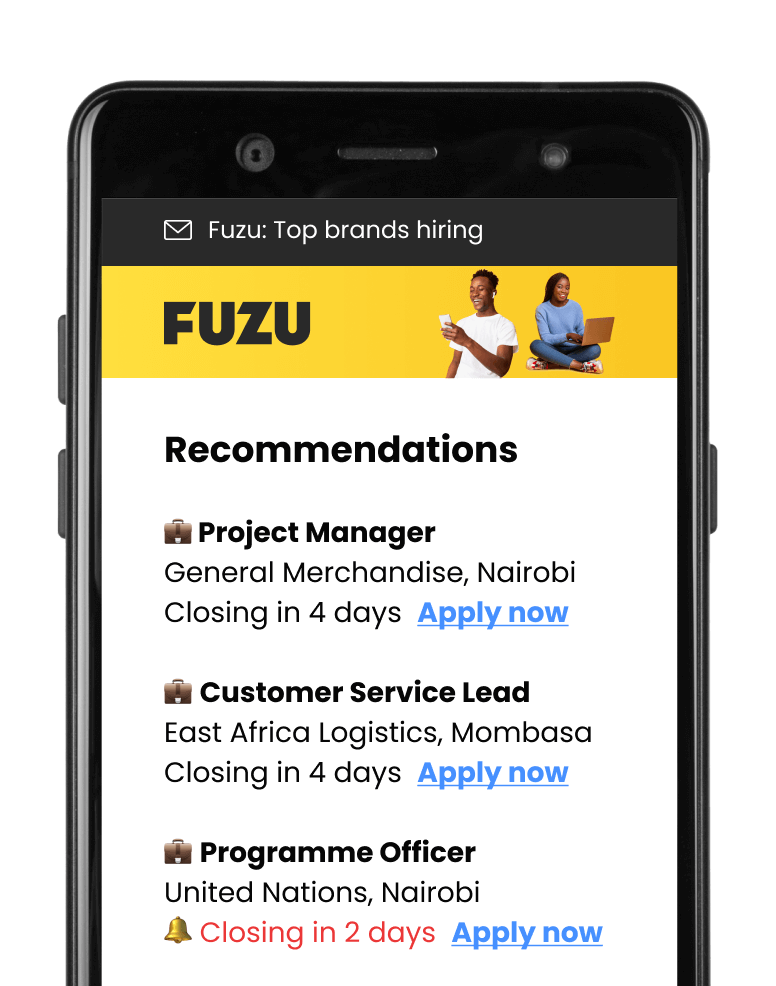Published
Profession
Industry
Seniority
Published
Profession
Industry
Seniority
0
jobs

Get personalised job alerts directly to your inbox!
KEMRI-Wellcome Trust Research Programme
CLOSEDKilifi, Kenya
Closing: Mar 22, 2024
This position has expiredPublished: Mar 8, 2024 (2 months ago)
Education:

Work experience:

Language skills:

Contract Type:

Sign up to view job details.
The post-doctoral researcher will be responsible for
Description:
REPORTING LINES:
REPORTS TO:
Principal Investigator
INDIRECT REPORT
Research officers and assistant research officers.
INDIRECT REPORTEES:
Ph.D. students and research assistants
JOB DESCRIPTION
The primary responsibility will be to coordinate and support a body of work focused on data analysis of epidemiological and genomic data using machine learning and data science methods.
QUALIFICATIONS:
DESIRABLE
COMPETENCIES:
The post-doctoral researcher will be responsible for
Description:
REPORTING LINES:
REPORTS TO:
Principal Investigator
INDIRECT REPORT
Research officers and assistant research officers.
INDIRECT REPORTEES:
Ph.D. students and research assistants
JOB DESCRIPTION
The primary responsibility will be to coordinate and support a body of work focused on data analysis of epidemiological and genomic data using machine learning and data science methods.
QUALIFICATIONS:
DESIRABLE
COMPETENCIES:

Applications submitted via Fuzu have 32% higher chance of getting shortlisted.